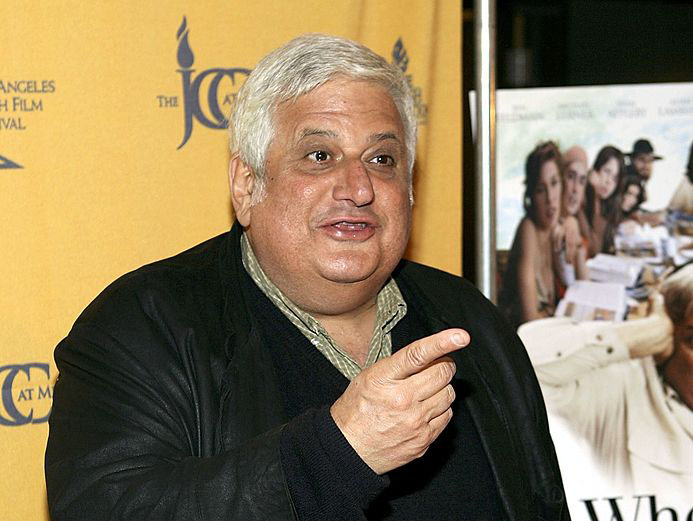Two years ago, I was among a group of 24 young American Jews visiting a Protestant Church in Berlin to commemorate the anniversary of Kristallnacht. On that night, November 9, 1938, Nazi gangs destroyed thousands of synagogues and other Jewish-owned buildings across Germany, murdered dozens and sent hundreds more to concentration camps.
At the moving, hour-long ceremony I saw over 300 Christians, young and old, remembering and commemorating the systematic persecution of Jews in Europe that eventually resulted in the murder of six million.
I learned from some of the young Germans that hundreds of such services were happening across Germany, with at least 100,000 people participating. The director of Germany Close Up, the organization that cosponsored our visit with ACCESS: AJC’s next generation program, told me that that in her small hometown in northwest Germany, 400 residents gathered on every year on November 9 to read out loud the names of all the local Jews who perished during the Holocaust. It was, she said, a statement promising that such a horror should “never again” happen in Germany, or anywhere else.
And, we were reminded that the commonly-used term “Kristallnacht” – translated as “Night of the Broken Glass” — was actually a euphemism coined by the Nazis. Stressing the broken glass, with no hint of who broke it or what it signified, sanitized an event that was actually a pogrom, similar to those committed against the Jews in Russia, Romania and elsewhere earlier in the century. In fact—to add insult to injury—Jews were held financially liable for damage caused by the “broken glass.” Thus, Pogromnacht, night of the pogrom, is now used in Germany to more accurately describe what transpired 75 years ago.
On this landmark anniversary of that night, shouldn’t we ask, What is in a name? Has the way we have framed this crucial turning point in Nazi policy toward the Jews distorted the true nature of that fateful evening?
Perhaps it is time to change the terminology and call it Pogromnacht, so as to indicate what truly happened – a pogrom – and to serve as a reminder that we cannot allow racists, bigots and anti-Semites to euphemize and sanitize the language of history.
Other examples of this sanitization abound today. The Golden Dawn party in Greece, which rails against immigrants, Jews, and other minorities, denies its association with neo-Nazism, despite its fascist roots and use of Nazi symbolism, literature and anthems. Thankfully, the Greek government under Prime Minister Samaras has taken a stand, seeking to deracinate the party, and the Parliament voted to suspend state funding for political parties accused of criminal activity. The fact is that anti-Semitic crimes continue in Western democracies from Malmö, Sweden to Sydney, Australia. And, just this week the European Union released the results of a survey that found over 40 percent of Jews in Belgium, France, and Hungary are considering emigrating because of rising anti-Semitism.
The constant, collective reminder of the true nature of Nazism a commitment to track and prosecute hate speech, and a ban on Holocaust denial that creates a safer society for Jews remain necessary, even if anti-Semitism can never truly be eradicated. More countries should follow the example of Germany, in strengthening their laws and in calling key historical events by their right names—like Pogramnacht. And more leaders in the Jewish community should use the historically accurate term Pogramnacht going forward; two leaders that have been convinced are AJC’s David Harris and Rabbi Noam Marans. I hope many more follow the AJC’s lead.
Eli Lipmen is Communications & Advocacy Strategist for the Department of Regional Offices of AJC – the global Jewish advocacy organization.





















 More news and opinions than at a Shabbat dinner, right in your inbox.
More news and opinions than at a Shabbat dinner, right in your inbox.